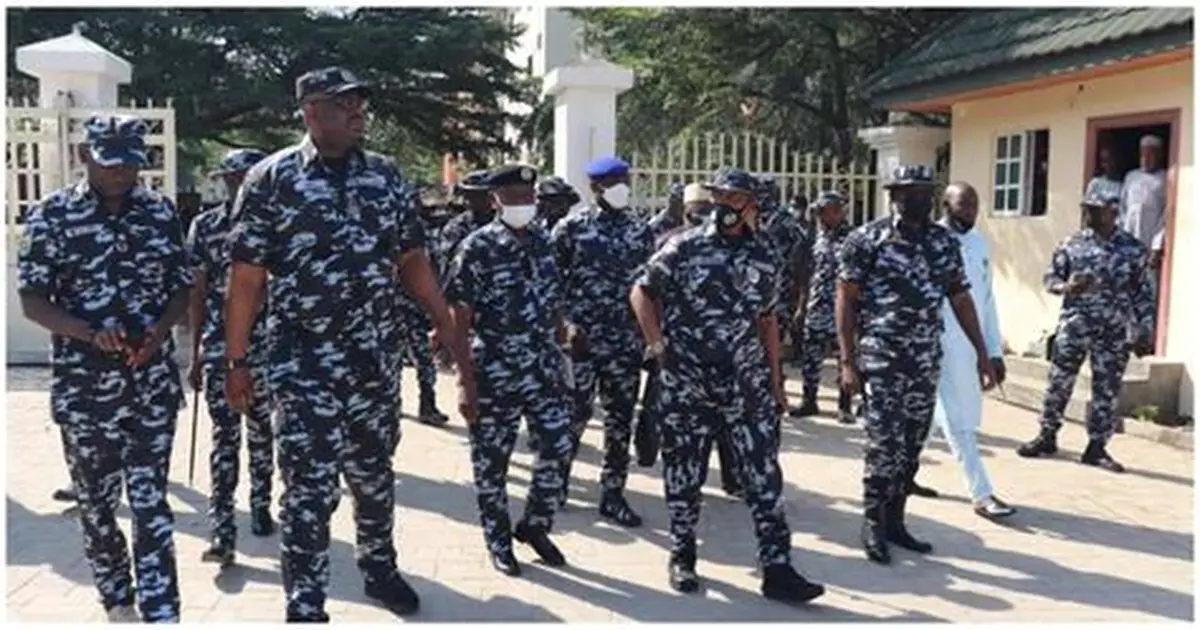

By Elisha Bawa |
IMO STATE, NIGERIA – Nigeria’s worsening security situation has once again been thrust into the spotlight following the gruesome killing of two police officers attached to Hon. Kingsley Ikoro, the Majority Leader of the Ebonyi State House of Assembly, in Okigwe, Imo State.
The officers were reportedly ambushed on Sunday, August 3, after one of the vehicles in the lawmaker’s convoy broke down while traveling through the volatile Okigwe axis. The two police escorts stayed behind with the stranded vehicle while the rest of the convoy moved on—unaware they were leaving their colleagues vulnerable in a region known for rising violence.
It was in that window of vulnerability that armed attackers struck, executing the officers and escaping into nearby bushlands.
The Imo State Police Command, confirming the incident on Monday, August 4, described the killings as part of a larger pattern of calculated attacks on law enforcement personnel and government officials.
“We’ve deployed tactical teams and launched a manhunt for the killers. There will be no hiding place for them,” said police spokesperson Henry Okoye.
“The officers paid the ultimate price in the line of duty. We will ensure justice is served.”
This attack is not an isolated case. It adds to the growing list of targeted ambushes and killings of security operatives, raising critical questions about the effectiveness of Nigeria’s internal security structure, particularly in known flashpoints like the southeast. Once a quiet corridor in Imo State, Okigwe has become a danger zone. The area has seen a spike in criminal activities — from kidnappings to assassinations — with security forces stretched thin across multiple operations.
Observers have described Sunday’s incident as another clear indicator that Nigeria’s security architecture is underfunded, overstretched, and in urgent need of restructuring.
National Security Under Threat
The gruesome killings come just weeks after a similar tragedy occurred along the Nasarawa-Kaduna axis, where a former House of Representatives member, Hon. Joseph Haruna Kigbu, was abducted and his police orderly gunned down by suspected bandits.
In recent months:
Policemen have been ambushed while escorting VIPs
Armed gangs have overpowered tactical units in rural communities
Convoys of governors and federal lawmakers have come under attack
Ordinary citizens have continued to suffer kidnappings, extortion, and displacement
Security experts argue that Nigeria is now contending with a multi-layered internal war — involving politically motivated violence, terrorism, banditry, and organized crime — with insufficient intelligence gathering and slow response from central command structures. Amid the deteriorating situation, civil society groups and regional leaders have called on the Federal Government to:
Decentralize policing powers to allow state-controlled security systems
Boost intelligence capacity in rural and border regions
Provide better welfare, training, and weapons for officers
Implement community policing and rapid response units
“How many more officers must die before Nigeria admits that its internal security system is broken?” asked a concerned rights activist in a phone interview with Naija Security Watch.
“We’re losing brave men not just to crime, but to neglect.”
Sunday’s ambush in Okigwe is not just a tragedy for the Ebonyi lawmaker or the families of the slain policemen—it is a frightening reflection of the state of insecurity facing every Nigerian today, whether lawmaker or citizen.
📢 Have a tip, eyewitness account, or security update?
📞 WhatsApp our newsroom: +234-9132788865
🔔 Follow us on X (formerly Twitter) @NaijaSecurityWatch